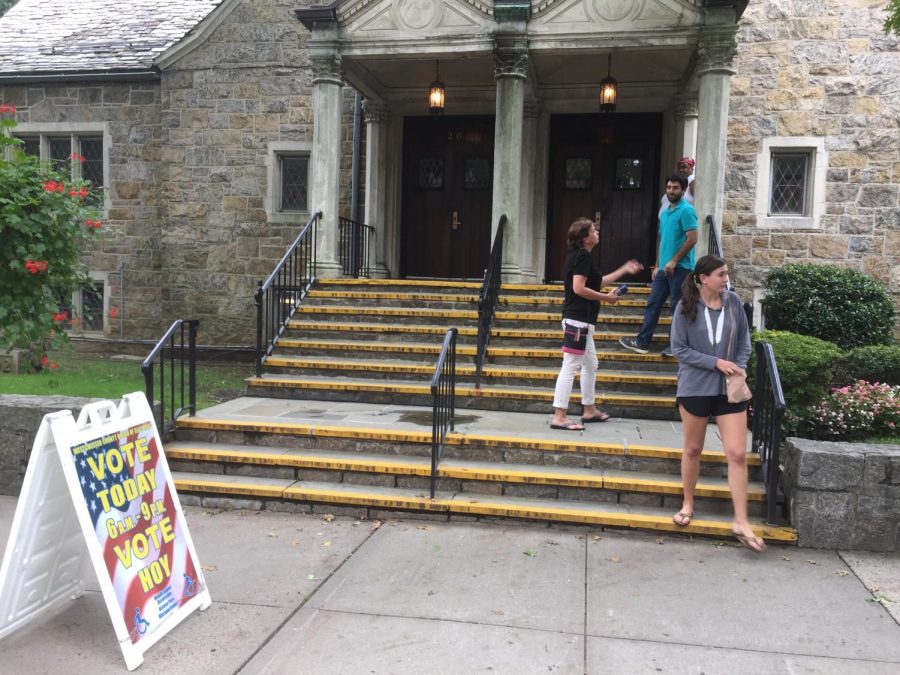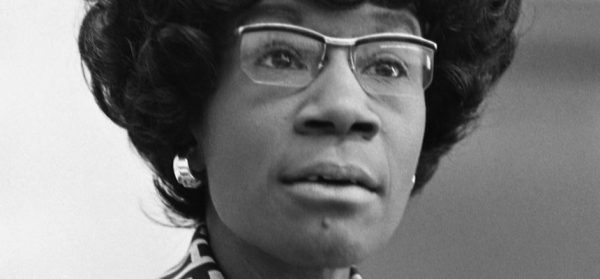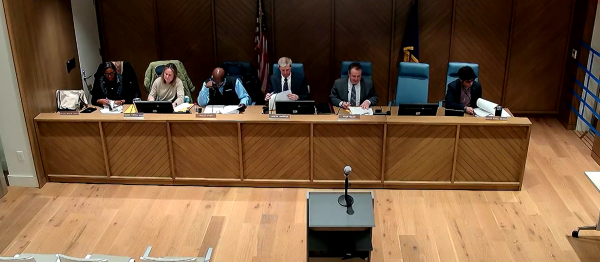Why local elections should not be popularity contests
In the past several weeks, I have been alarmed by some of the talk surrounding the Village of Pelham’s mayoral and trustee elections. When I asked a peer about her opinion on the mayoral race, she said that there was no point in caring about the race because one candidate is so popular within the community. At a different point, I asked a volunteer for one of the campaigns about their candidate’s platform. They responded that they were unsure.
These experiences, and a variety of others, suggest to me that Pelham government elections are more about popularity than about policy. This is not how our local government should function.
According to a Pew Research Center study from April 2018, only 35 percent of Americans hold a favorable opinion of the Federal government, compared to 67 percent for local government. Additionally, according to a Gallup Poll from Sept. 2016, 71 percent of Americans say they have a “great deal” or “fair amount” of trust in local government. For good reason, too. Local government is, by design, the most directly accountable to the people. Local politicians are closest to local issues and can have greater communication with constituents.
In a time when 67.6 percent of Americans disapprove of Congress and 53.5 percent of Americans disapprove of the President, local politics should be an important counterbalance.
However, despite high approval ratings for local government, relatively few Americans actually vote in local elections. Nationally, on average, only 27 percent of eligible voters vote in local elections. Voter turnout typically drops as elections get more and more specific. Add on the fact that many Pelhamites will seemingly be voting without a strong knowledge of policy positions and our local Pelham elections border on entirely undemocratic.
In order to preserve the effectiveness and accountability of local government, we need to base our elections on the policies that these candidates support, not on how nice they are or how many signs they have put up. This should not be like a middle school election that is based on popularity. In fact, I would argue your vote should not even be based on the party of the candidate.
Local party stances are often not aligned with national party views. A guiding principle of political parties is to streamline the democratic process. Parties allow individuals to know immediately the general positions of candidates. On the local level where party stances do not align, this is a moot point.
Instead, use local politics as a chance to make a real difference in your community. Issues that are important to the individual voter can take precedent in elections like Pelham’s, so take advantage of the level of government with the greatest accountability to the individual.
This is not a tired, blind endorsement of a candidate along party lines. This is not even a call for everyone to vote (although that is very important). My plea is this: Pelhamites, base your vote on policy, not popularity. The Village of Pelham’s elections will take place March 19. The democratic ticket’s information can be found here, and the republicans’ here.
Vote on policy, and keep Pelham government accountable to the people.
Ben Glickman is a freshman at Brown University. He started his journalism career writing for the school newspaper, the Pel Mel, as a columnist and editorial...














Nigel Scott-Williams • Mar 17, 2019 at 3:14 pm
Wonderful ( and both so sad!) to hear so much maturity and common sense from our ‘children’. Would that the adults be so wise!